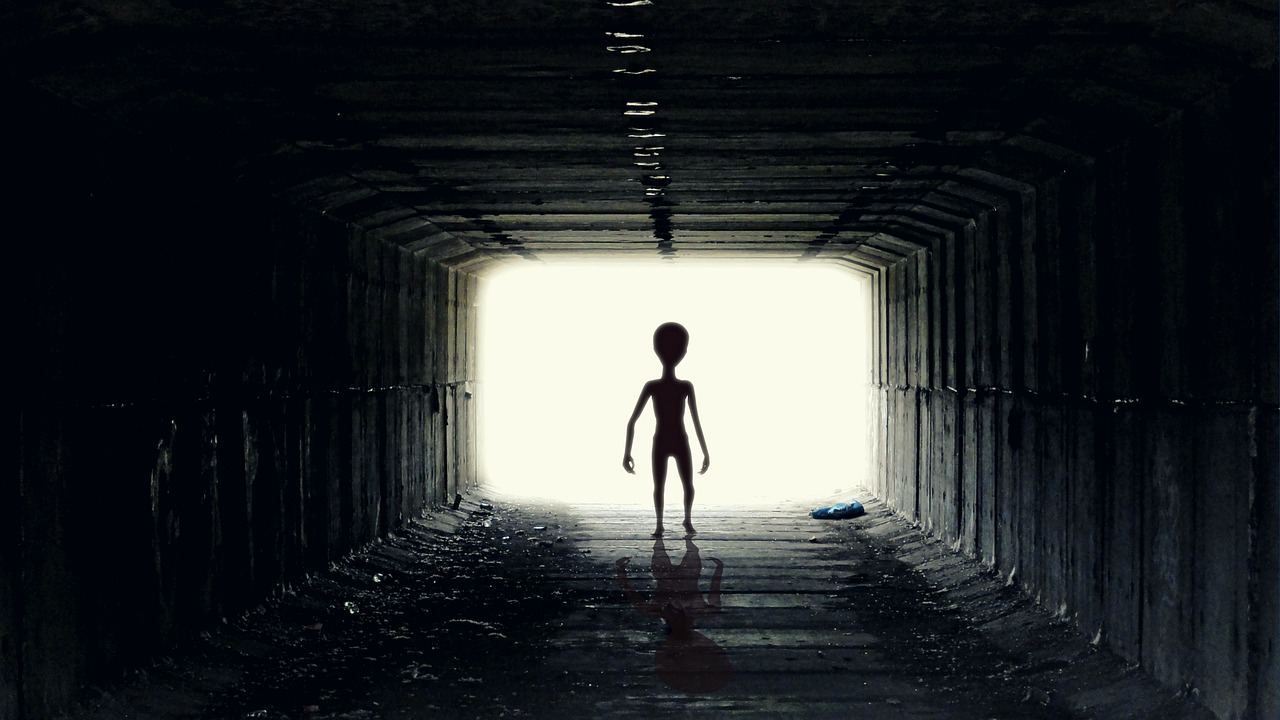Suggestions for Science Communications
/Hyped-up science erodes trust. Here’s how researchers can fight back.
Science is often poorly communicated. Researchers can fight back.
By Brian Resnick, Vox
In 2018, psychology PhD student William McAuliffe co-published a paper in the prestigious journal Nature Human Behavior. The study’s conclusion — that people become less generous over time when they make decisions in an environment where they don’t know or interact with other people — was fairly nuanced.
But the university’s press department, perhaps in an attempt to make the study more attractive to news outlets, amped up the finding. The headline of the press release heralding the publication of the study read “Is big-city living eroding our nice instinct?”
From there, the study took on a new life as stories in the press appeared with headlines like “City life makes humans less kind to strangers.”
This interpretation wasn’t correct: The study was conducted in a lab, not a city. And it measured investing money, not overall kindness.
Thank you for reading!







